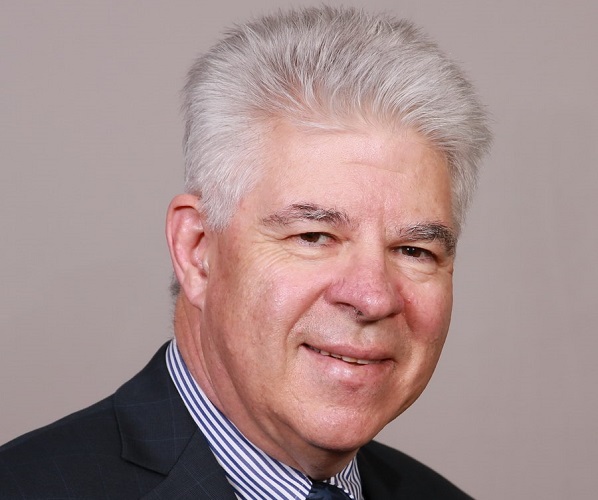In the first of our Hot Seat interviews, we sat down with Bill Warne, Executive Manager – Legal and Risk at Queanbeyan City Council and Statewide Mutual’s chairman, to talk about the board’s role in running the scheme for the benefit of all members.
1. How long have you been part of NSW local government?
I’ve been in NSW local government in various roles since 1991.
2. You’re obviously quite busy in your role at Queanbeyan City Council. What motivates you also to serve on the board of Statewide Mutual?
As board members, we represent the interests of our region. However, I believe that I can contribute in a broader and more strategic manner by:
- ensuring that adequate insurance arrangements are in place for Councils;
- embracing and promoting risk management to the membership; and
- streamlining administrative processes and making them as efficient as possible.
3. What are a few ways the membership benefits from individual board members representing each of the 10 NSW local government regions?
Board members need to be in touch with their local councils and advocate for key issues and matters of concern. I do this through the relationship that I have with the Regional Risk Management network. This forum helps provide a regional oversight of needs, ensuring that members feel they have a voice while also promoting transparency.
4. How has Statewide Mutual helped Queanbeyan City Council improve their risk and insurance position?
Statewide Mutual has assisted Council with its development of risk management strategy and programs that have been rolled out including integrity management, climate change planning, water quality monitoring, and claims investigation – to name but a few.
5. There’s a large focus on working with members to facilitate positive outcomes for the mutual as a whole. How important are member communications to achieving this goal?
We place an increasingly greater emphasis on better communicating our goals to members and how we’re achieving associated targets. Statewide Mutual is owned by members and managed by the board. We want to maintain as much transparency as possible and keep our membership informed of our activities.
6. Placing re-insurance for members is a complex undertaking involving many stakeholders. How do the board contribute to ensuring this is done to benefit all members?
The board sign off all reinsurance arrangements. We have a large number of insurers on our panel which helps spread risk and enables us to negotiate very competitive member contributions and excellent levels of cover.
7. The board often go the extra mile to look after members. What have been some recent examples?
Matters occasionally come to the board where a council may be disadvantaged because a claim is outside the scope of their insurance cover. We look at what we can do to help within the scope of our governing deed, with each case considered on its merits.
The board has made ex gratia payments in the past, and recently offered an interest-free loan to a member council.
8. Statewide Mutual members are ultimately responsible for their own risk management initiatives. What’s the thinking behind this and is it working?
If councils are empowered to manage their own risk through making better decisions, sustainable benefits will follow. Risk management shouldn’t be an independent, discrete system within Council’s operations, but interwoven as an integral part of their management system. Our role is to provide support, assistance, and guidance to councils in the development of their risk management programs.
9. Do you see Statewide Mutual playing a role in the upcoming NSW local government reforms?
Statewide Mutual is here to support its members whatever changes may occur. The risk profile of NSW local government won’t change, only the administrative arrangements. It’ll be ‘business as usual’ for the mutual.
10. What’s the biggest challenge facing NSW local government over the next five years?
The most significant challenge for Statewide Mutual will be to adapt to the changing needs of local government. Our role and relationship with the new joint organisation structure will need to evolve, and our insurance products and support services will need to be competitive, reliable, and valued by the industry.

